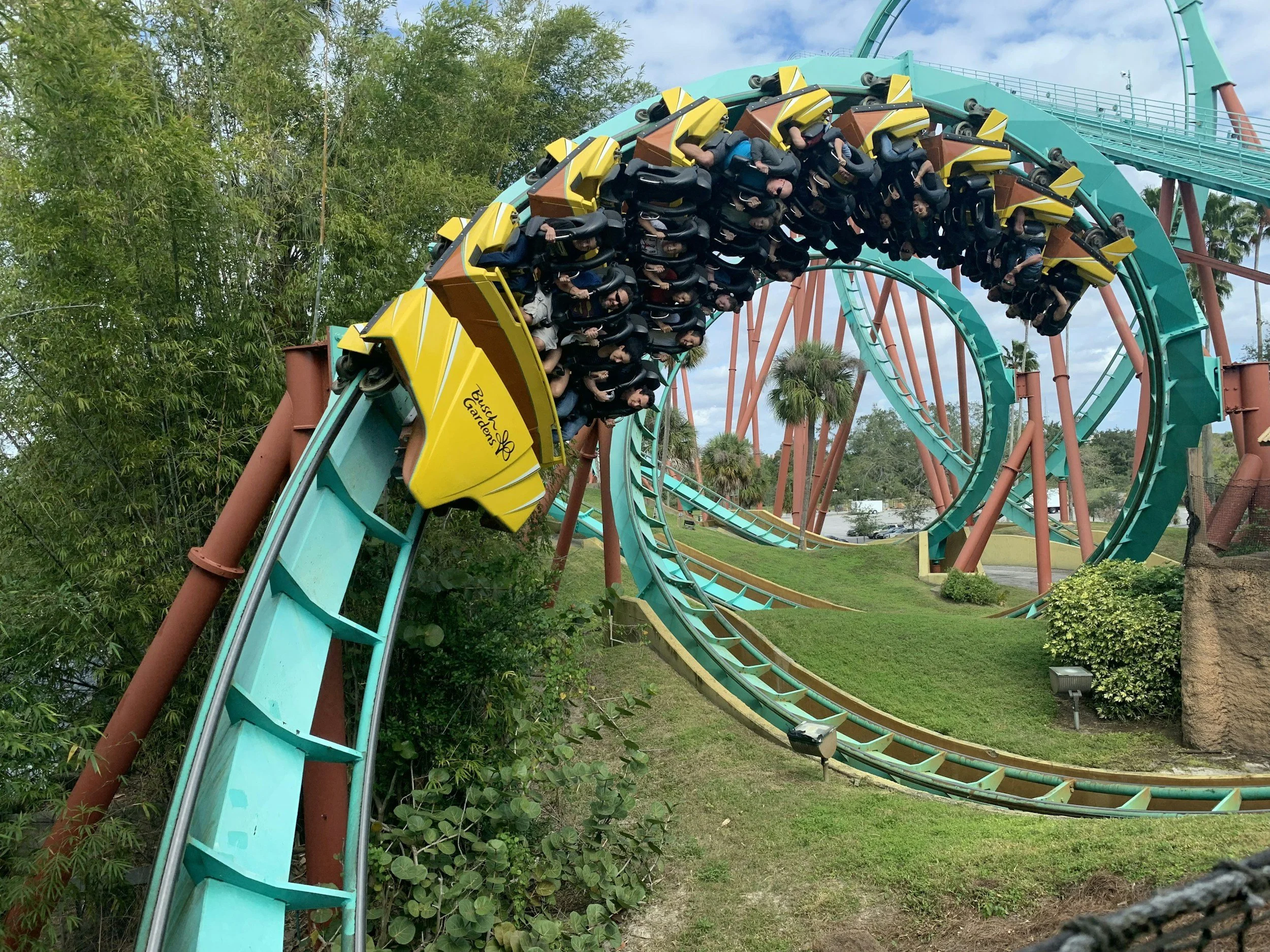Love, ADHD and OCD
INTRODUCTION: Love, ADHD, and OCD: A Rollercoaster Ride?
Introduction: The Unpredictable Love Story
Picture this: You are on a date. You have spent hours getting ready, mentally rehearsing what to say. Five minutes in, you either (a) over-share an embarrassing childhood story, (b) forget your date’s name mid-conversation, or (c) hyper-focus on the way they chew, suddenly questioning whether they might be a serial killer.
Welcome to dating with ADHD and OCD. It is not just romance—it is a psychological thriller where you are also the unreliable narrator.
Why Talk About ADHD & OCD in Relationships?
Relationships are already complicated, but add ADHD and OCD into the mix, and you unlock a special kind of chaos. Impulsivity, anxiety, hyper-fixation, and a slightly obsessive need for control do not exactly create a smooth ride. But understanding how these conditions affect love can help us navigate relationships more effectively.
This series will explore: ✔ What ADHD and OCD are (beyond internet myths) ✔ The history of diagnosis & treatment (featuring some questionable early methods) ✔ How they impact dating, marriage, and long-term relationships ✔ Relationship strategies that actually work ✔ Famous people who have navigated love with ADHD/OCD
Think of this as part research, part personal therapy, and part “let’s laugh so we don’t cry” session.
hat Are ADHD & OCD, Really?
Let’s clear up some common misconceptions.
ADHD (Attention-Deficit/Hyperactivity Disorder)
ADHD is not just about being “hyper” or easily distracted. It is a neurodevelopmental disorder that affects focus, impulse control, and emotional regulation. Imagine trying to read a book while 30 browser tabs are open in your brain—one of which is auto-playing a song you never clicked on.
Common ADHD Symptoms That Affect Relationships:
Forgetting important dates (like, say…anniversaries)
Speaking before thinking (sometimes painfully honest)
Intense hyper-focus (you can recall a random fact from 2002 but not what your partner just said)
Struggles with organization (aka “Where did I put my keys? Oh. In the fridge.”)
OCD (Obsessive-Compulsive Disorder)
OCD is not just about being “super clean.” It involves intrusive, repetitive thoughts (obsessions) and behaviors (compulsions) aimed at reducing anxiety. It is like your brain constantly pressing an imaginary “Are you sure?” button.
Common OCD Symptoms That Affect Relationships:
Needing things just right (your partner loads the dishwasher wrong? Game over.)
Anxiety-driven over-analyzing (“Do they really love me, or was that just a polite ‘I love you’?”)
Rigid routines (Date night MUST be on Thursdays—no exceptions.)
Mental exhaustion from constant doubt and reassurance-seeking
Now, imagine having both ADHD and OCD. That is when you impulsively say “I love you” too soon, then spend the next three days obsessively analyzing whether you meant it.
Love & The ADHD/OCD Combo: The Perfect Storm
One condition makes you act on impulse, the other makes you over-analyze every impulse. One makes you lose focus mid-conversation, the other makes you fixate on one specific word your partner said five days ago. It is an exhausting—and often hilarious—push-pull dynamic.
But here’s the good news: ADHD and OCD does not mean you cannot have a loving, stable relationship. It just means you have to work with your brain, not against it.
What’s Next in This Series?
In the coming weeks, we will unpack: ✔ The fascinating (and sometimes absurd) history of ADHD & OCD diagnoses ✔ How these conditions affect dating, communication, and long-term love ✔ Practical strategies for making relationships work ✔ Stories from famous people who have been there, done that ✔ A survival guide for navigating love while neurodivergent ✔ And of course, plenty of lighthearted moments—because laughter is the best coping mechanism.

